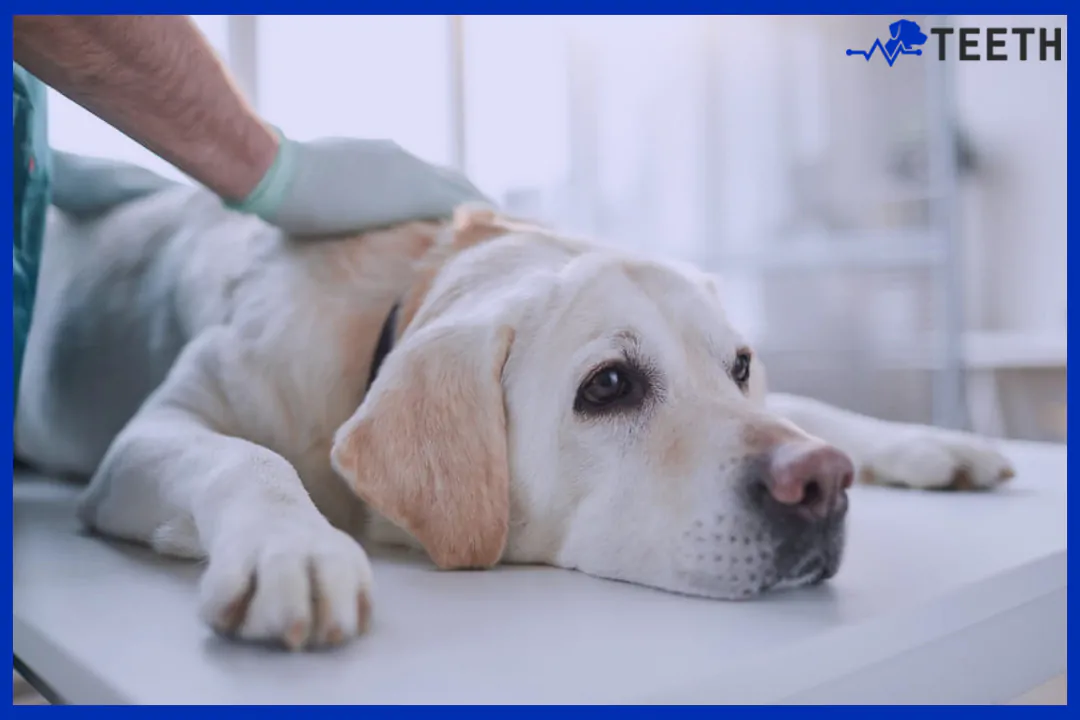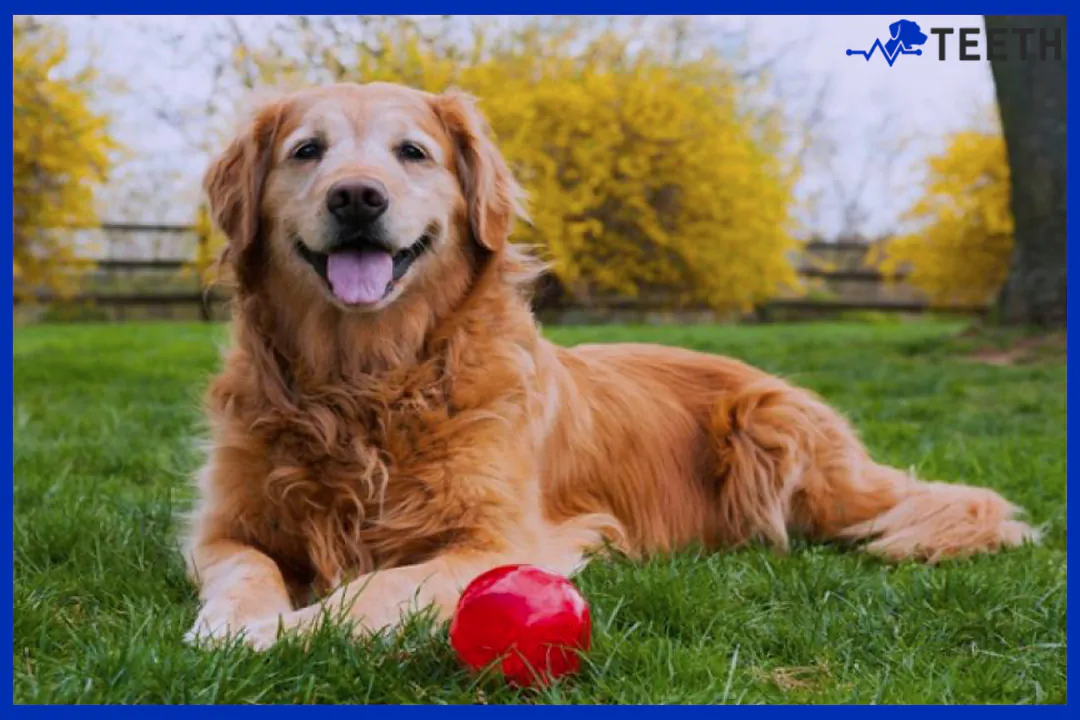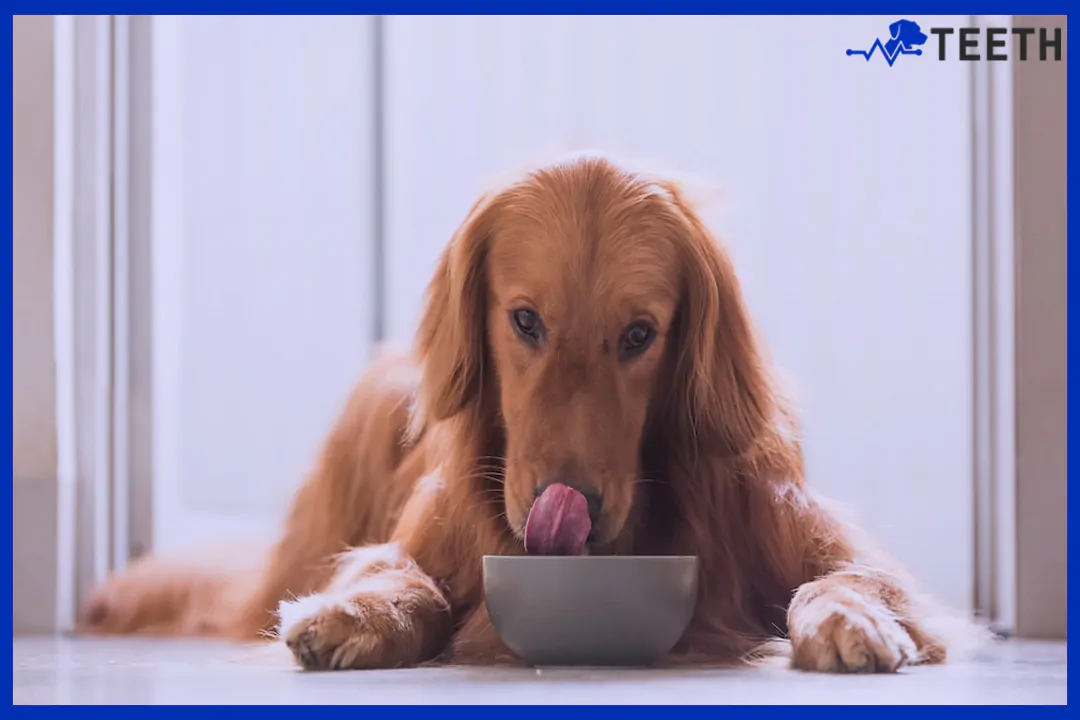German Shepherds Dental Health. German Shepherds, beloved pets beloved for their intelligence and loyalty, also possess unique health milestones that pet owners should understand. One such development milestone is dental development – leading many owners to wonder whether its normal for German Shepherds to lose teeth? In this article we’ll delve deeper into this aspect of German Shepherd dental health by covering puppy to adult teeth developments as well as signs to look out for that may indicate optimal oral wellbeing in this species of canine. German Shepherds Dental Health.
Understanding Puppy Teeth and Transition to Adult Dentures
From the moment a German Shepherd puppy is born, their dental journey starts. Around three to six weeks, their milk teeth (commonly referred to as baby teeth) typically appear, serving as temporary placeholders until adult teeth emerge later on in life. At three to six months of age these milk teeth typically begin to loosen gradually until eventually all adult ones replace them completely.
Development in Denti-lization of Milk Teeth to Strong Canines.
As German Shepherd puppies mature into adults, shedding milk teeth to become adult teeth is a natural progression. Adult German Shepherds possess 42 adult teeth consisting of incisors, molars and canine teeth; essential components for eating and playing activities. This process usually completes around six or seven months old.
How German Shepherd Dogs Lose Teeth.
As part of their natural growth process, German Shepherds lose teeth naturally over time; it is crucial for owners to monitor this stage carefully. Lossing baby teeth is not unusual but should adult German Shepherds begin losing them it could indicate periodontal disease, injury or another oral health concern that needs monitoring more closely.
German Shepherd Dogs Are at Risk from Periodontal Disease: Unveil the Facts NOW.
Periodontal Disease is a widespread issue for German Shepherd dogs and is especially prevalent. This condition leads to compromised teeth, gums and surrounding oral structures; regular dental exams and maintaining good dental health is therefore key in protecting these breeds against this threat.
German Shepherd Owners Can Use Dental Tips For Their Pet.
Maintain Your Pet’s Oral Health Through: Regular Visits to the Vet: Dental check-ups can play an essential part in keeping your pup’s oral health in top form. Brush Your Dog’s Teeth Daily: For best results, brushing their teeth daily helps in reducing plaque and tartar build-up on teeth surfaces, as this reduces plaque build up over time.
Dental Chews and Chew Toys for German Shepherds: Supplying dental chews and toys can aid in naturally cleaning their teeth while strengthening jaw muscles and keeping jaw joints strong.
What to Do if You Notice Dental Issues in your German Shepherd:
When your dog shows signs of any abnormalities in his or her mouth, such as bad breath, bleeding gums, loose or missing teeth or sudden changes to eating patterns it is crucial that a veterinarian be contacted immediately. A few signs to watch out for might be bad breath, bleeding gums and loose or missing teeth as well as shifts in eating behavior patterns.
Conclusion: Monitoring Dental Health Is Key.
German Shepherd puppies typically shed their baby teeth as they transition to adult teeth; any loss in adult dogs should serve as a signal that more dental care needs to be given. By understanding and acting upon oral health matters, you can ensure your German Shepherd remains with a set of healthy teeth throughout its lifetime.



